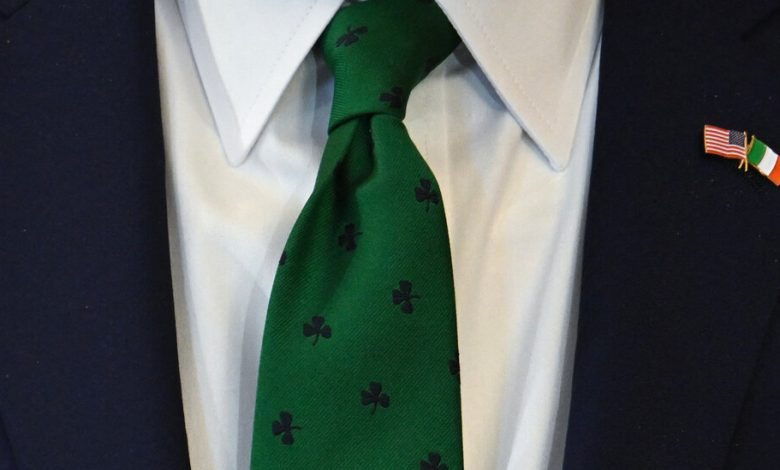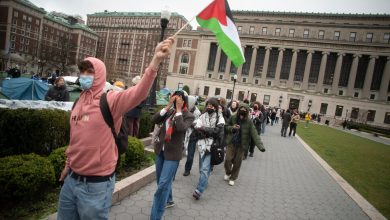Biden Loves Ireland. It Doesn’t Love Him Back.

If there’s one thing Irish people know about President Biden, it’s that he’s one of us. He says so all the time. “Remember,” he recalls his grandfather saying, “the best drop of blood in you is Irish.” He has a habit of quoting the poet Seamus Heaney and never lets an opportunity to recall his origins go to waste. His Secret Service code name, tellingly, is Celtic.
So when he visited Ireland last year, it felt like a homecoming. “Today you are amongst friends because you are one of us,” the speaker of Parliament announced before Mr. Biden addressed Irish lawmakers.If the trip took on the sheen of a wealthy Irish American searching for his roots, a constant of Irish tourism, it also cemented the bond between him and the country. When Mr. Biden referred to the Irish rugby team beating “the Black and Tans” — the notoriously brutal 1920s police force — as opposed to the All Blacks, as New Zealand’s rugby team is known, the gaffe became an instant, affectionate meme.
By the end of the trip, it was official: Mr. Biden loves Ireland, and Ireland loves Mr. Biden. But last October changed everything. After Hamas’s attacks, the Israeli bombardment of Gaza appalled the Irish. Mr. Biden, as the leader of Israel’s closest ally and chief military supplier, was seen to be enabling the devastation. That complicity has damaged both his reputation and his relationship with the Irish people, perhaps irreparably. His ancestral homeland no longer loves him back.
Ireland has long and emotional links to Palestinians, something the world has become steadily more aware of in recent months. The Irish government, for its part, unequivocally condemns the Oct. 7 Hamas attacks and repeatedly calls for the release of Israeli hostages. But it also urges restraint in Israel’s response, making multiple interventions at the European Union level and consistently calling for a cease-fire and a political solution to the carnage. Ireland knows all about cease-fires and peace building, after all.
On this matter, Ireland is something of an outlier in Europe. In a January poll, 71 percent of respondents in Ireland said they believed Palestinians lived under an Israeli apartheid system; in another poll in February, 79 percent said they believed Israel was committing genocide. By contrast, no more than 27 percent of people in seven Western European countries said they sympathized more with Palestinians than with Israelis. Here in Britain’s first colony — a status cast off through a war of independence — empathy for Palestinians is deeply rooted, born of shared historical experience.
This feeling has given rise to an extraordinary wave of pro-Palestinian actions in Ireland since the war began. The array of protests — countless concerts, fund-raisers and demonstrations calling for a cease-fire and an end to the bombardment of Gaza — goes far beyond any fringe concern. Protests in Ireland are large and spread across the country, with attendees diverse in age, class, ethnicity and political affiliation. They bring together trade unionists, Gaelic football players, journalists, ordinary citizens young and old, politicians, health care workers, L.G.B.T.Q. people and many more. It is a truly national phenomenon.




